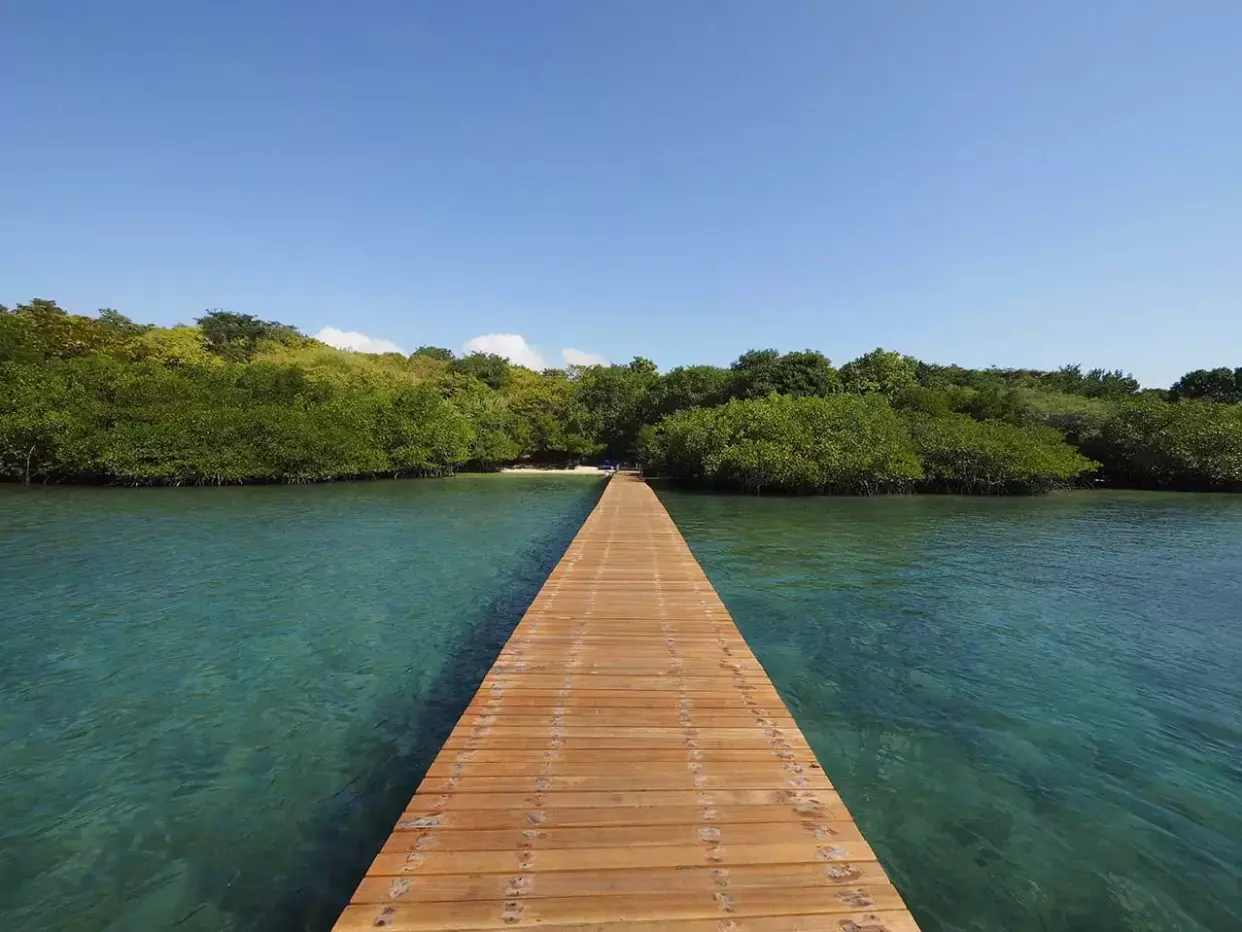Bali Eco-Tourism: Concept, Top Destinations, Activities, Tips, and Advantages
by Dijiwa Sanctuaries

Bali Eco-Tourism: Concept, Top Destinations, Activities, Tips, and Advantages
Bali Eco-Tourism - Dive into "Bali Eco-Tourism: Concept, Top Destinations, Activities, Tips, and Advantages," where we explore how you can enjoy Bali's natural beauty responsibly and sustainably. Bali, often referred to as the Island of the Gods, is not just a paradise for beach lovers but also a haven for those who seek to explore nature responsibly. The island presents a unique window for eco-tourism, offering a blend of cooler weather, lush landscapes, and fewer crowds, making it an ideal time for those looking to dive into sustainable adventures.

Source: Now! Bali
What is Eco-Tourism in Bali?
Eco-tourism in Bali is about experiencing the natural beauty of the island while ensuring its preservation for future generations. It involves visiting areas with minimal impact on the environment, supporting local conservation efforts, and engaging in activities that educate visitors about the importance of biodiversity and cultural respect.
Top Eco-Tourism Bali Destinations

- Mangrove Forest in Ngurah Rai: Start your adventure with a serene boat tour through Bali's mangrove forests. Here, you contribute to conservation by learning about the role mangroves play in coastal protection. The cooler weather makes this journey even more pleasant, with the possibility of spotting more bird species.
- West Bali National Park: This park is a treasure trove of biodiversity. The flora is in full bloom, and wildlife, including the rare Bali Starling, is more active. Activities like bird watching, trekking through the park's trails, or snorkeling at Menjangan Island allow visitors to appreciate the untouched beauty of Bali while supporting conservation initiatives.
- Nusa Penida Island: Known for its conservation efforts for manta rays and turtles, Nusa Penida offers eco-friendly snorkeling and diving experiences. The clearer waters enhance visibility, making it the perfect time to witness marine life in its habitat. Engaging with local conservation groups here can also provide a deeper understanding of marine ecosystem preservation.
- Mount Batur: Trekking to the summit of this active volcano is a must-do for adventure seekers. The cooler temperatures and potential for clearer skies make this hike not only more comfortable but also offer spectacular views of the sunrise over Lake Batur. It's an opportunity to learn about volcanic ecosystems and the importance of respecting natural landscapes.
Specific Eco-Tourism Bali Activities
- Cycling Tours: Explore Bali's countryside through guided bike tours that take you through rice paddies, traditional villages, and lush landscapes. This is an excellent way to experience Balinese life up close, promoting eco-friendly transport and supporting local economies.
- Agricultural Experiences: Visit organic coffee or chocolate farms in Ubud where you can participate in the full cycle from planting to processing. These experiences offer insights into sustainable farming practices and tasting sessions of products made from the land.
- Voluntourism: Engage in conservation projects like beach clean-ups, coral reef restoration, or working in wildlife sanctuaries. These activities allow travelers to leave a positive footprint, contributing directly to Bali's environmental health.
Tips for Bali Sustainable Eco-Tourism
- Reduce Plastic Use: Bring reusable water bottles and bags, minimizing plastic waste. Bali has been tackling its plastic problem, and tourists can significantly help by adopting these practices.
- Cultural and Environmental Respect: Learn about and respect local customs and environmental regulations. This includes not disturbing wildlife, participating in cultural events with reverence, and understanding the spiritual significance of natural sites.
- Eco-Friendly Transport: Opt for cycling, walking, or using services like electric scooters when possible to reduce carbon emissions.
The Positive Impact of Eco-Tourism
Eco-tourism in Bali isn't just about enjoying its natural beauty; it's about contributing to the sustainability of these resources. It supports local economies through community-based tourism, reduces the strain on popular tourist spots, and educates both locals and visitors about the importance of conservation. By choosing eco-tourism, you're not only having an adventure but also investing in Bali's future.
Conclusion - Bali Eco-Tourism
Visiting Bali for eco-tourism means embracing a journey that respects and nurtures the island's natural and cultural heritage. It's a chance to disconnect from the usual tourist paths and reconnect with nature in a way that leaves the environment in better shape than you found it. For those planning their next adventure, consider how your visit can be a step towards preserving the enchanting beauty of Bali. Embrace the island's philosophy of 'Tri Hita Karana' - harmony among people, with nature, and with God - and let your travel contribute to this balance.
If you want to experience eco-tourism in Bali, choose Beehouse Dijiwa Ubud, a secluded adults-only retreat. Find an immersive experience in the heart of Bali's natural beauty, surrounded by iconic rice paddies, lush greenery, and the majestic silhouette of Mount Agung on the horizon. Book your sanctuary now and embrace the tranquility of Bali's unspoiled landscapes.


